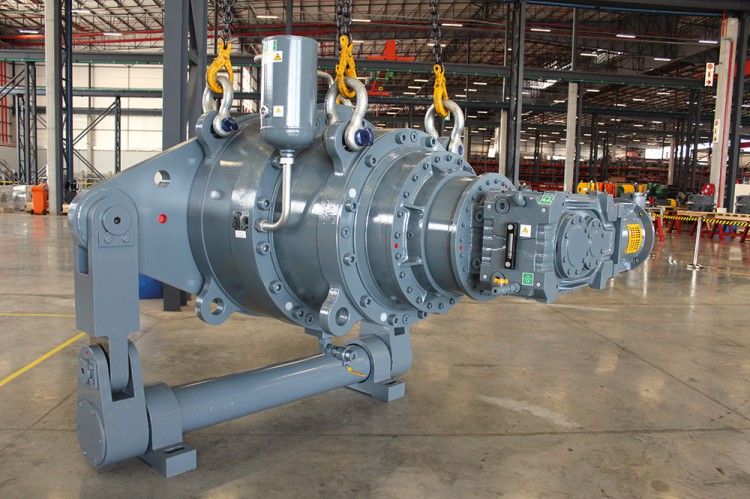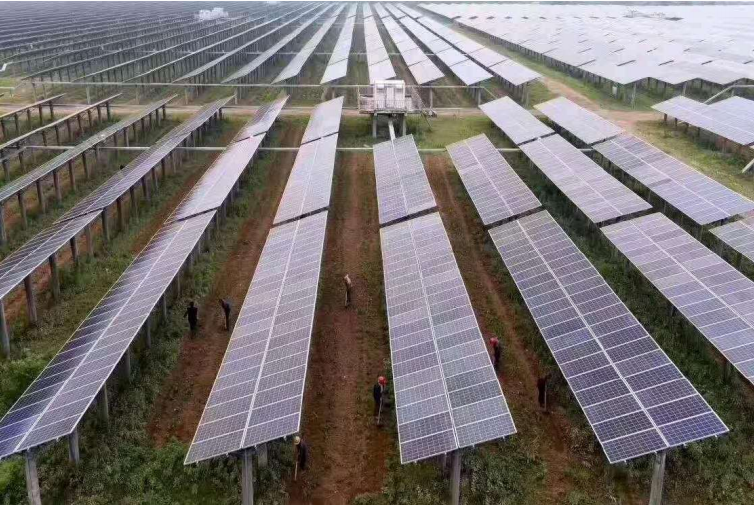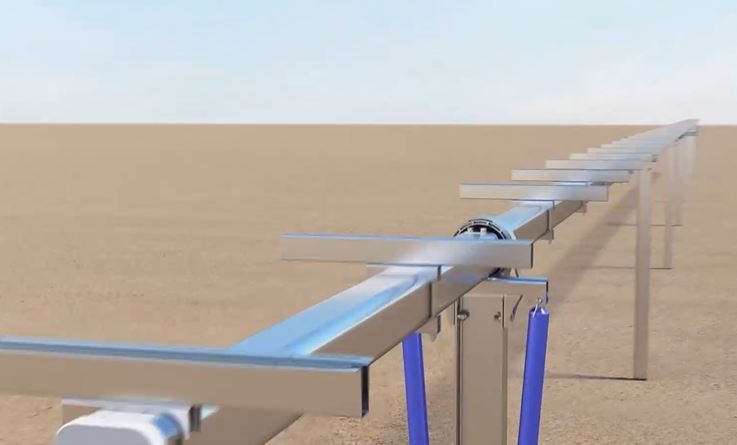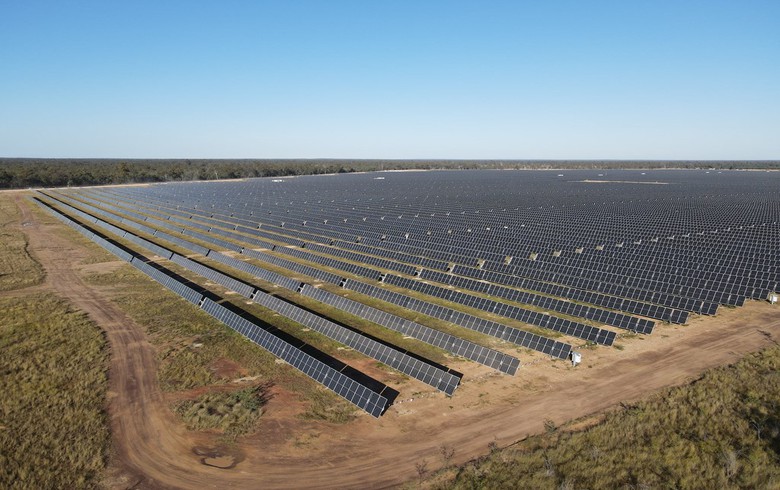Solar Damper,Lithium battery,Solar tracker actuator,Solar Tracking Controller,NMRV Series Worm Gear Reducer,Planetary gear motor,When Josh Hurwitz decided to put solar power on his Connecticut house, he had three big reasons: To cut his carbon footprint, to eventually store electricity in a solar-powered battery in case of blackouts, and – crucially – to save money.
Now he’s on track to pay for his system in six years, then save tens of thousands of dollars in the 15 years after that, while giving himself a hedge against utility-rate inflation. It’s working so well, he’s preparing to add a Tesla-made battery to let him store the power he makes. Central to the deal: Tax credits and other benefits from both the state of Connecticut and from Washington, D.C., he says.
“You have to make the money work,″ Hurwitz said. “You can have the best of intentions, but if the numbers don’t work it doesn’t make sense to do it.”
Hurwitz’s experience points up one benefit of the Inflation Reduction Act that passed in August: Its extension and expansion of tax credits to promote the spread of home-based solar power systems. Adoption is expected to grow 26 percent faster because of the law, which extends tax credits that had been set to expire by 2024 through 2035, says a report by Wood Mackenzie and the Solar Energy Industry Association.
Those credits will cover 30 percent of the cost of the system – and, for the first time, there’s a 30 percent credit for batteries that can store newly-produced power for use when it’s needed.Solar Damper,Lithium battery,Solar tracker actuator,Solar Tracking Controller,NMRV Series Worm Gear Reducer,Planetary gear motor,
“The main thing the law does is give the industry, and consumers, assurance that the tax credits will be there today, tomorrow and for the next 10 years,” said Warren Leon, executive director of the Clean Energy States Alliance, a bipartisan coalition of state government energy agencies. “Rooftop solar is still expensive enough to require some subsidies.″Nationally, the cost for solar in 2022 ranges from $16,870 to $23,170, after the tax credit, for a 10-kilowatt system, the size for which quotes are sought most often on EnergySage, a Boston-based quote-comparison site for solar panels and batteries. Most households can use a system of six or seven kilowatts, EnergySage spokesman Nick Liberati said. A 10-12 kilowatt battery costs about $13,000 more, he added.Solar Damper,Lithium battery,Solar tracker actuator,Solar Tracking Controller,NMRV Series Worm Gear Reducer,Planetary gear motor,
 Revolutionising sugar mill efficiency: Mill Gears unveils world’s largest gearbox
Revolutionising sugar mill efficiency: Mill Gears unveils world’s largest gearbox
 who are the leaders in solar trackers for the power industry?
who are the leaders in solar trackers for the power industry?
 Trina releases new version of Vanguard 1P solar tracker
Trina releases new version of Vanguard 1P solar tracker
 GameChange Solar Tests Tracking System for 40-Year Lifespan
GameChange Solar Tests Tracking System for 40-Year Lifespan